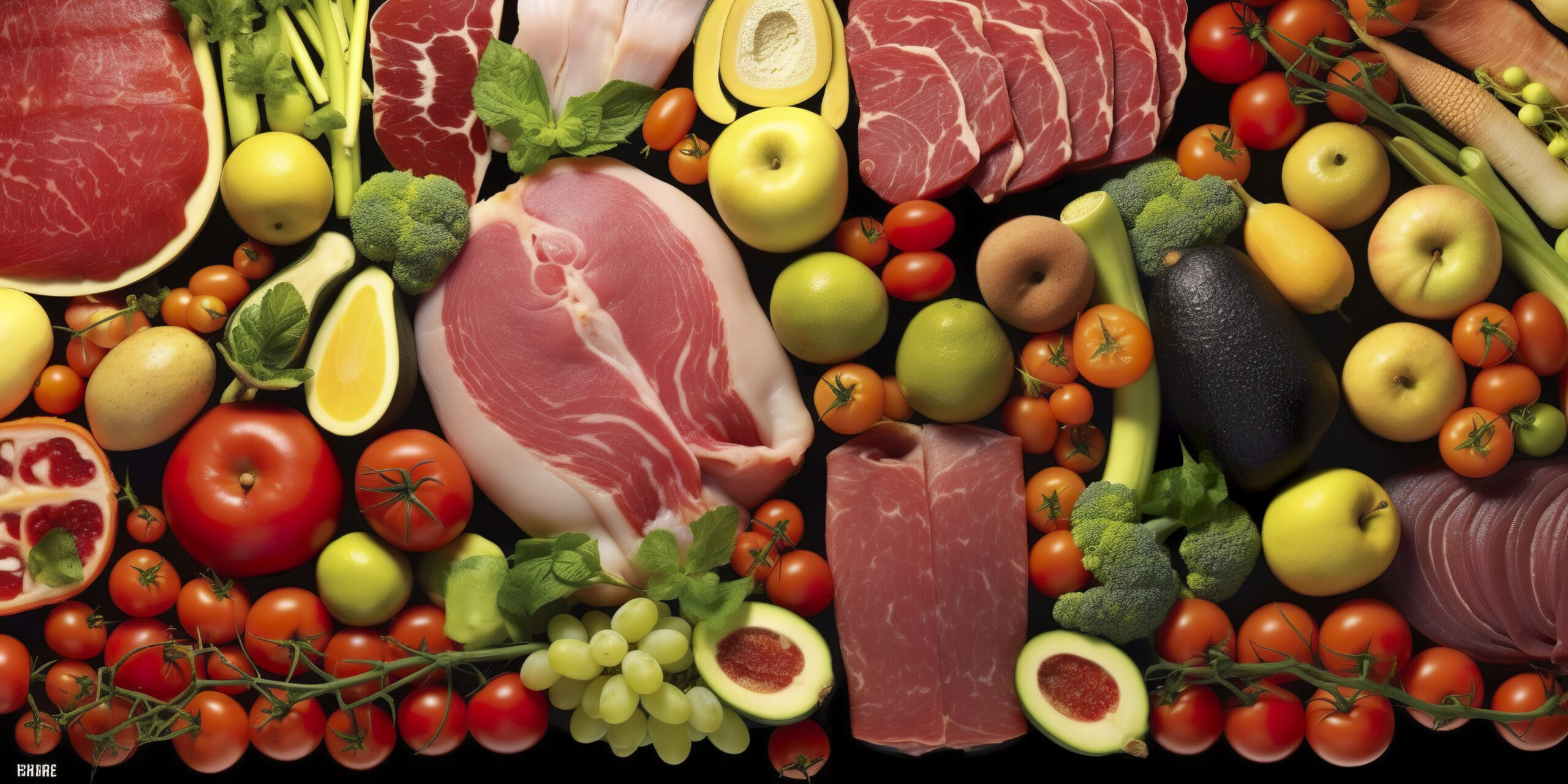Professor Ian Fisk, Director of the International Flavour Research Centre (IFRC) at the University of Nottingham, UK, and the University of Adelaide, Australia, talks about his exciting research on improving the flavour of plant-based alternative proteins while shedding light on what’s in store for the institute’s new $2.5 million lab research facility located at the University of Adelaide’s Waite campus.
Introducing the International Flavour Research Centre (IFRC)
The IFRC performs flavour research to address the sustainability, health and nutrition needs of our global food chain, while developing novel flavour insights and applicable solutions and technologies for the food and beverage industry. “We’re privileged to have (IFRC) sites both in Australia and the UK; these are based at the University of Adelaide and the University of Nottingham, respectively,” Fisk said.
The IFRC takes a fundamental approach to understanding the basic mechanisms behind aroma development, stability and release, and uses these to solve industrial challenges such as developing reformulation strategies for salt, sugar and fat reduction; custom product design for plant-based meat alternatives; and developing novel technologies for rapid flavour profiling.
Last November, the IFRC announced its plan to launch a new $2.5 million research facility at the Waite campus, University of Adelaide, with investment from v2food, a plant-based meat producer. The (invite-only) opening launch for the new facility will take place in December this year. The facility hopes to bridge the technology gap between the flavour and nutritional values of meats versus plant-based meats — addressing the growing consumer demand for a wider range of plant-based meats.

Overcoming flavour challenges with plant-based alternative proteins
Those consumers who want to experience the same or a similar flavour of meat without necessarily eating animal products may turn towards plant-based meats, which is where Fisk’s research group comes into play.
“Many consumers want plant-based meats to taste like meat; however, due to the diverse range of meat and cooking methodologies, this is technically a very complex problem. This rapidly emerging challenge can’t be met by current solutions offered by the food or flavour industry. We use the unique portfolio of skills, knowledge and analytical equipment within the IFRC to take a fresh approach to solve these and similar problems.”
Fisk’s research teams in Adelaide and Nottingham work on numerous similar projects, including the development of new flavour systems for plant-based meats; the enhancement of flavour of plant-based milks; understanding the flavour of alternative proteins, such as insect proteins; and developing flavour-enhancement systems to increase palatability and nutrition of alternative protein-rich crops.
Technology behind the research
To improve the flavour of plant-based alternative proteins that are currently available on the market, research scientists need to understand how flavour is perceived. “Flavour is a combination of aroma, taste, mouth feel, and other key attributes of food,” Fisk explained. “We need to zoom into each of these components individually and also in combination when analysing complex foods such as plant-based meats.”
To achieve this, the IFRC uses analytical techniques such as GC/MS/MS to identify volatile aroma compounds found in plant-based foods and their meat equivalents. When combined with complementary approaches such as GC-olfactometry, each aroma compound can be ranked and scored based on its importance and contribution to the aroma of the products.

Further to this, real-time mass spectrometry (MS-nose, APCI-MS) can be used to track flavour generation in situ, and aroma delivery during consumption. Due to the complexity of the systems, GC/Q-TOF is used to examine the more complex components within the flavour systems and track the development of key aroma compounds during processing. Advanced data analysis techniques such as machine learning can be used to explain which compounds drive flavour perception and identify novel ingredients that can potentially be used to enhance the aroma.
The IFRC (Nottingham) also uses technologies such as HPLC/MS/MS, e-tongue, taste fractionation and digital taste mapping to explain the contribution of key taste-active compounds to the taste of plant-based meats.
An active research team ready to expand
Other leading members of the IFRC (Adelaide) site include Co-Director Associate Professor Susan Bastian, Lab Manager Dr Ruchira Ranaweera, numerous research collaborators who are based in Adelaide, and a wide range of PhD students who sit in both the School of Agriculture, Food & Wine, and in other disciplines across the University of Adelaide. At Nottingham, Assistant Professor Ni Yang, Technical Specialist Mui Lim, Associate Professor Louise Hewson, and Jenny Drury form the UK team with 10 additional PhD and four research fellows under the overall lead of Fisk.
Visiting PhD students and technical team members have an opportunity to travel between both locations, transferring technologies, methodologies and valuable experiences to projects and applications in other areas of their research. Both the Adelaide and Nottingham IFRC sites have specific areas of expertise, with the UK focusing on real-time analysis, advanced aroma analysis, taste analysis, and in-mouth characterisation, and the Adelaide site focusing on advanced aroma analysis for complex foods.
Adelaide–Nottingham alliance
As part of the Adelaide–Nottingham alliance, the two research-intensive universities have a long-standing partnership in the areas of world-leading research, high-quality teaching, links with industry, and the ability to offer students and staff a global experience during their time at each institution. The IFRC is a leading centre that bridges the two institutions; however, there are also numerous other strategic links, including many joint PhD students who regularly exchange between the institutions and with industrial partners. The University of Adelaide is now recruiting high-quality postgraduate research candidates.
“These PhD students will receive a degree from both [the University of Adelaide, and the University of Nottingham] institutions, and have an opportunity to spend a minimum of 12 months working abroad in the other institution’s laboratory, often in partnership with industry,” Fisk commented, reinforcing the IFRC’s commitment to develop talent for the next generation of scientists and prepare them for a career within the global food and agritech industry.
With the new IFRC facility opening in Adelaide, Fisk and his research team are confident about improving the flavour of plant-based meats. “If we can develop a broad range of flavour systems for alternative proteins that are palatable, nutritious, enjoyable, and — more importantly — available at the right price, we hope they will be purchased and consumed.”

Professor Ian Fisk leads the IFRC and is Director of the Food and Feed Analysis Consultancy and Training Service. He has joint positions at the University of Adelaide and University of Nottingham and leads the Nottingham–Adelaide International Doctoral Training Programme. His research interests focus on designing effective and commercially viable flavour science solutions. This includes fundamental food chemistry to develop new ingredients or processes, flavour management during food production (plant biology, agricultural techniques, food processing, shelf life), and explaining the highly complex interaction of flavour with the oral–nasal environment during oral processing, while pioneering new approaches to increase sustainability across the food and flavour industries.
Image credit: iStock.com/Anatoly Kireev









